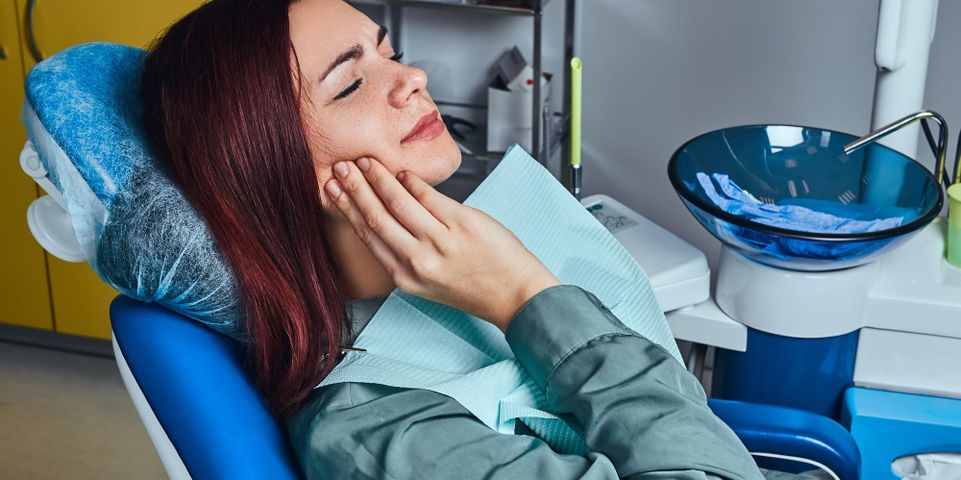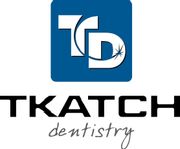
Most people have 20 baby teeth before they’re replaced with 32 permanent teeth by early adulthood. This number includes the four wisdom teeth that can appear in your late teens or early twenties. However, some people have even more teeth, a condition known as hyperdontia. Here’s what you need to know, including how a dentist can treat the issue.
Symptoms of Hyperdontia
The extra teeth that grow due to hyperdontia don't usually fit neatly into your bite. They might take the shape of an ordinary molar or incisor, but many are shaped incorrectly. They can have a simple tube shape, a pointed shape, or they may be made of several small toothlike growths.
 They are usually found behind or beside your normal row of teeth. Not all of them emerge from the gums, but they can still cause problems from inside your jawbones, such as a crowded bite, slow eruption of other teeth, or cyst or tumor.
They are usually found behind or beside your normal row of teeth. Not all of them emerge from the gums, but they can still cause problems from inside your jawbones, such as a crowded bite, slow eruption of other teeth, or cyst or tumor.
Causes of Hyperdontia
Hyperdontia isn't caused by one specific oral health issue; rather, it’s often the result of a few. It can happen due to genetics; for example, Gardner’s syndrome and Ehlers-Danlos syndrome, which are both genetic diseases, can cause extra teeth. It can also be due to birth defects in and around the mouth.
Treatment for Hyperdontia
While having extra teeth may not require treatment, in some cases, the condition can cause health problems. Crowding can be painful and can make it difficult to care for your other teeth. A tooth in the wrong place may prevent you from biting or chewing or may cut your mouth. Hyperdontia can also change the look of your smile. To solve the issue, a family dentist will often remove them.
If you need to see a dentist for hyperdontia or other dental health issues, choose Tkatch Dentistry in High Point, NC. Serving the Piedmont Triad region, this Guilford County-based general and cosmetic dentist offers a range of treatments including at-home teeth whitening, dental implants, and more. Their staff members believe in creating lifelong smiles through preventive care and patient education. To make an appointment, call (336) 889-9916 or visit their website.
About the Business
(312 reviews)
Have a question? Ask the experts!
Send your question

